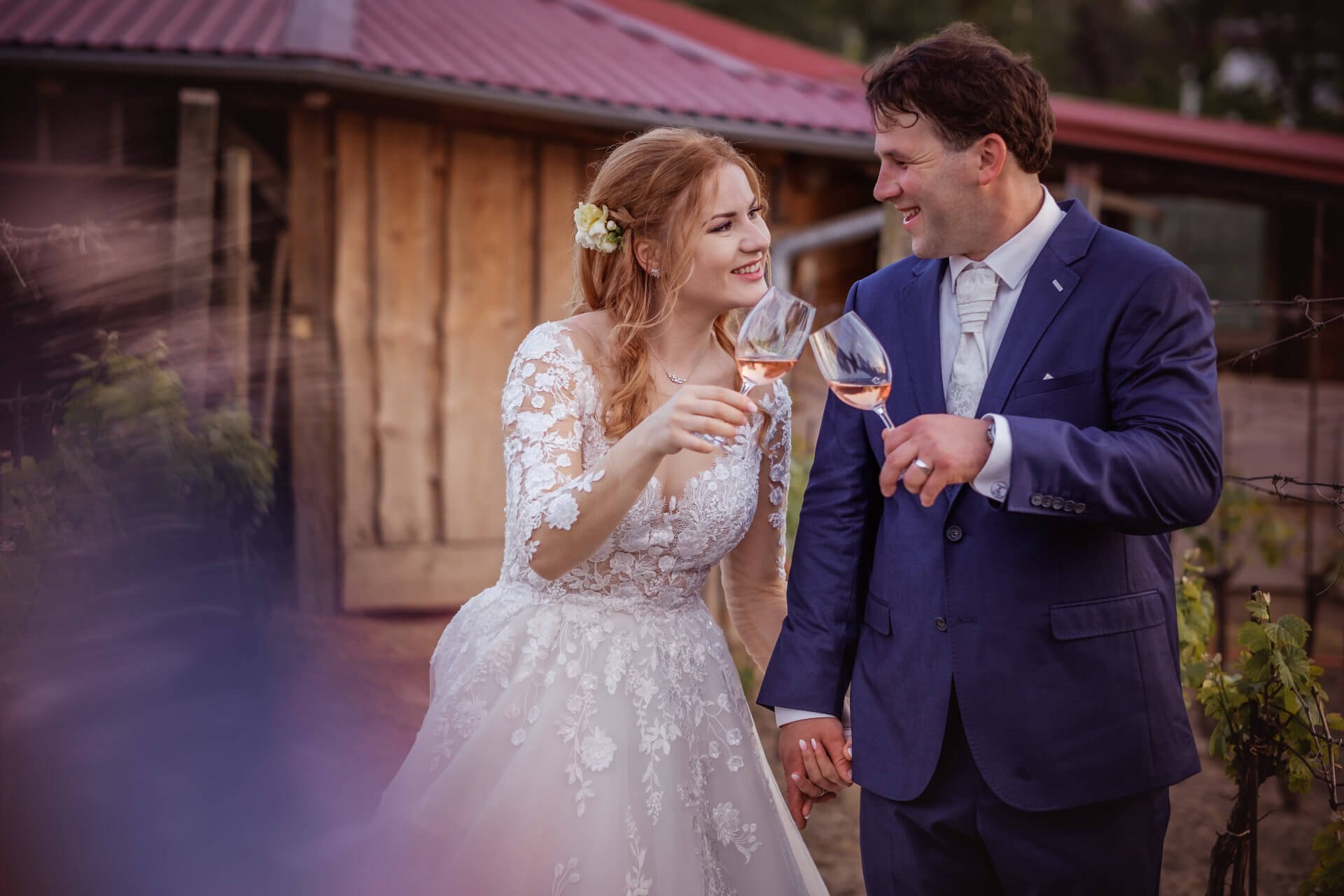💍 A New Era for Love: UK Government Proposes Major Overhaul of Marriage Laws
By [Your Name] | October 2025
Weddings in England and Wales could soon look very different — and for many couples, that’s welcome news.
Earlier this week, the UK government announced plans for a sweeping reform of marriage laws, aiming to modernise how, where, and by whom people can get married. The proposals represent the most significant changes to wedding legislation since the Victorian era.
Whether you’re planning a barefoot ceremony on the beach or seeking legal recognition for a non-religious celebration, here’s what the changes could mean — and why they matter.
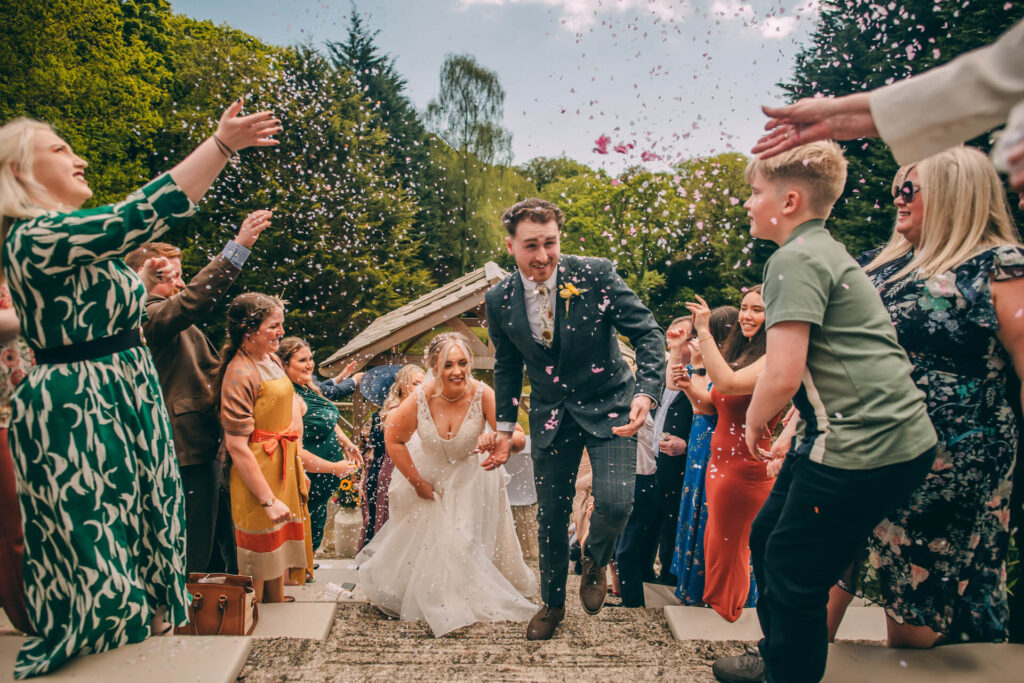
🎉 What’s Changing?
Under the new proposals, the government is shifting away from an outdated, building-based system and moving towards a more inclusive, flexible framework. Here are the key elements of the planned reform:
✅ More Venue Freedom
Couples will be able to get married in a wider range of locations — including beaches, gardens, historical landmarks, and even private homes — as long as the venue meets criteria for being “appropriate and dignified.”
This marks a departure from the current model, where marriages must take place in licensed buildings (like registry offices or religious establishments) unless special permission is granted.
✅ Equal Treatment Across Religions and Beliefs
All belief systems — including Muslim, Hindu, Sikh, and Jewish weddings, as well as non-religious humanist ceremonies — will have a clearer and more equal legal footing. The reforms would allow non-religious officiants to perform legally recognised ceremonies, a major step toward inclusivity.
This is especially important for humanist couples, who currently must either forgo legal recognition or hold two separate ceremonies.
✅ Focus on Officiants, Not Buildings
Rather than regulating where a ceremony happens, the new system would regulate who can legally perform a wedding. A system of regulated officiants would replace the need for licensed premises, simplifying logistics for couples and celebrants alike.
✅ Economic Growth
The government estimates these reforms could result in 12,000 new jobs and a £535 million boost to the UK economy over ten years, driven by an anticipated 3% rise in weddings.
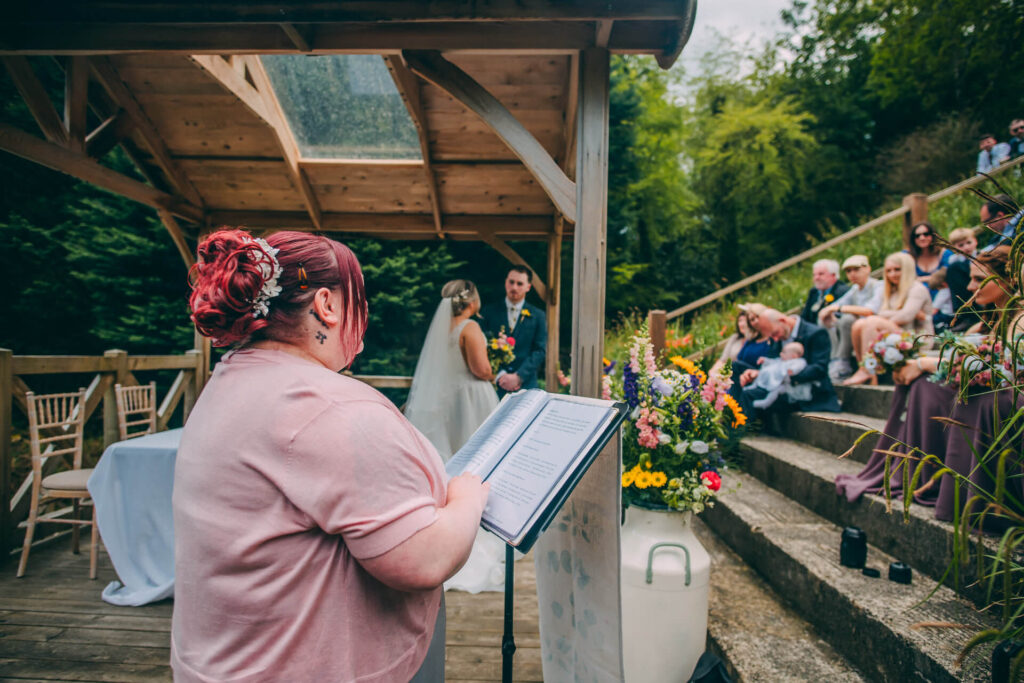
💡 Why This Matters
This isn’t just about aesthetics or convenience — the implications are deep and far-reaching:
1. More Personal, Meaningful Ceremonies
By giving couples freedom over location and structure, the law acknowledges that weddings are personal, not one-size-fits-all. For many, a legal ceremony that reflects their beliefs or values — be it religious, spiritual, or secular — is fundamental.
2. Religious & Cultural Recognition
Some communities, particularly Muslim couples who marry via nikah ceremonies, have historically found that their weddings aren’t legally recognised — which can lead to serious legal and financial consequences in the event of divorce or death.
This reform promises a more inclusive legal system that recognises the diversity of modern Britain.
3. Humanist Weddings: Legal at Last?
Humanist celebrants in England and Wales have long campaigned for equal legal standing. In fact, two couples took the government to court earlier this year, arguing that denying legal recognition for humanist weddings amounts to discrimination.
This reform could finally resolve that inequality.
4. Economic and Social Benefits
A more accessible wedding framework could spark growth across the hospitality, tourism, and events sectors. The boost is expected to benefit thousands of small businesses, especially in rural and heritage-rich areas.
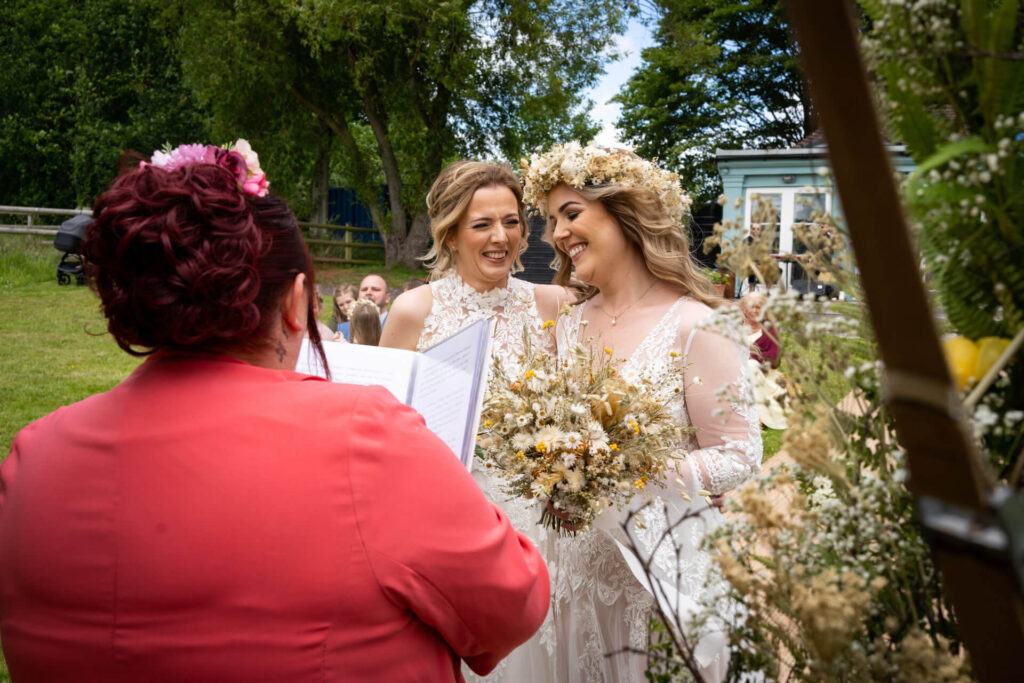
🛑 The Caveats
- These changes are still at the proposal stage. A public consultation is set to launch in early 2026.
- The exact criteria for what constitutes an “appropriate” venue or a “regulated officiant” haven’t been finalised.
- Some critics worry that the shift could cause confusion or inconsistent standards across venues and officiants.
- There’s still concern around unregistered religious marriages, and whether reforms will truly protect vulnerable people from being left without legal rights.
🔮 What Happens Next?
- A public consultation will open in 2026 — where individuals, faith groups, and civil celebrants can share feedback.
- After that, the government will draft legislation, which could come before Parliament later in 2026 or early 2027, depending on the political calendar.
- If passed, these reforms could be law within the next two years.
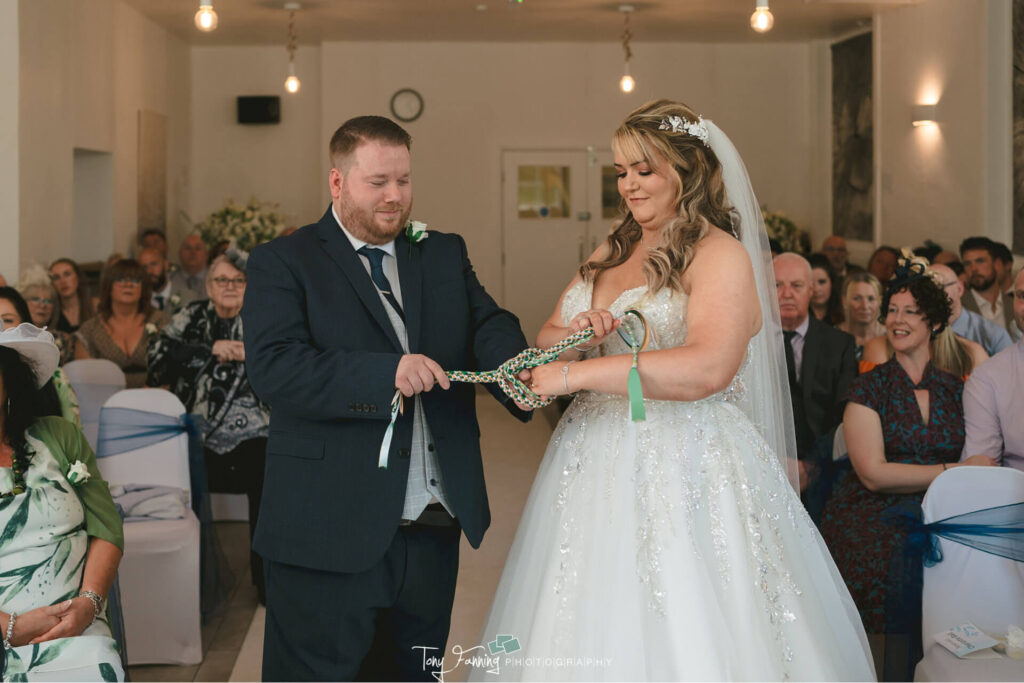
💬 Final Thoughts
Marriage is one of the most important decisions many people make — and the law that governs it should reflect modern values: fairness, inclusivity, and personal freedom.
While some practical questions remain, the proposed changes signal a progressive shift away from Victorian-era constraints toward a system that respects the diversity of love and belief in 21st-century Britain.
Whether you’re a celebrant, planner, or couple dreaming up your perfect day — this reform could open up a whole new world of possibilities.
📢 Want to have your say?
Watch for the government’s official consultation early in 2026. Your voice could help shape the future of marriage in the UK.
Need help understanding how the reforms could affect your ceremony or community? Reach out to sarah@ceremonieswithpersonality.com or contact your local registrar’s office.
My packages
I approach every single ceremony as a brand new project - no templates, no one size fits all! I do this because I want your ceremony to be as unique as you. I absolutely love getting to know all of my couples and families, more often than not I find so many commonalities with them, so by the time their ceremony comes around we are talking like old friends.
I offer bespoke packages so that every single element of your ceremony is exactly the way you dreamed it would be.
